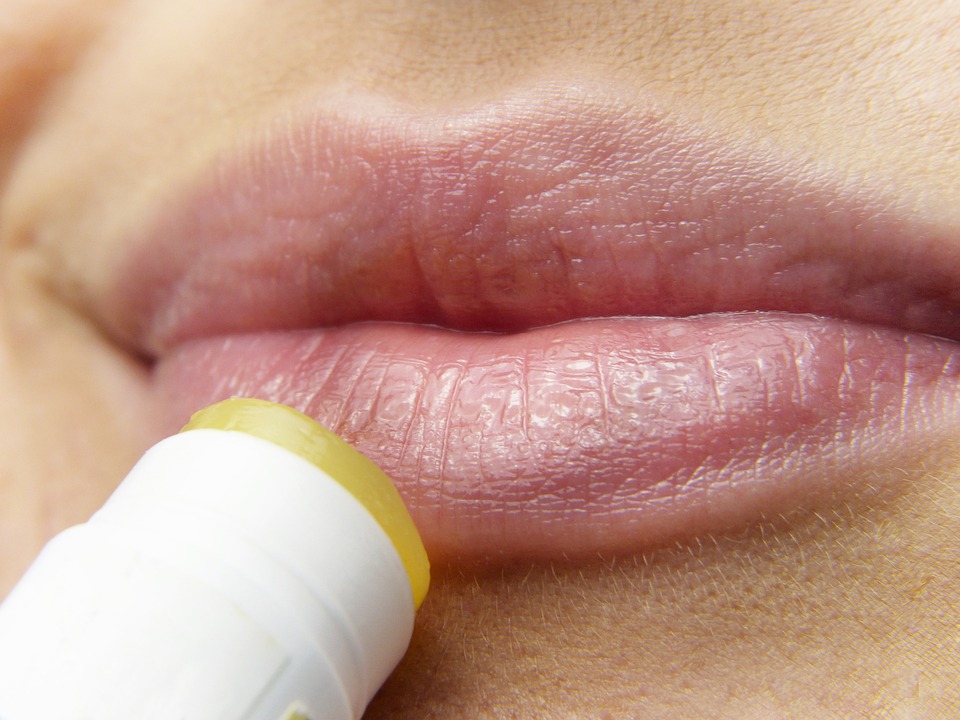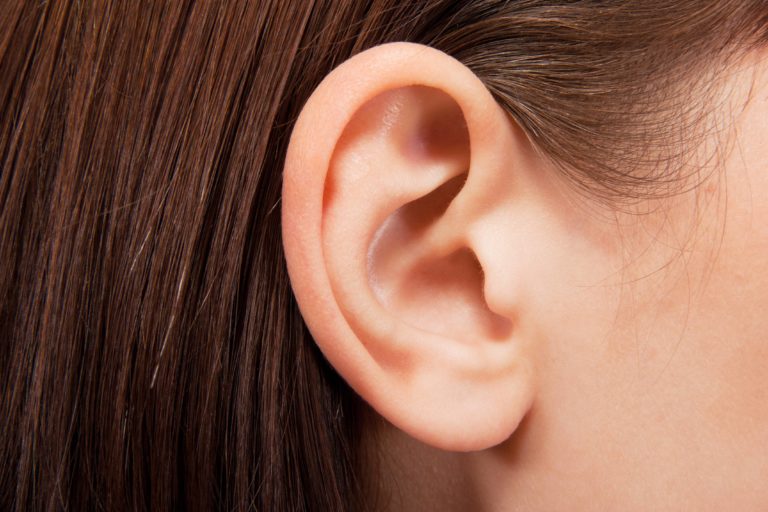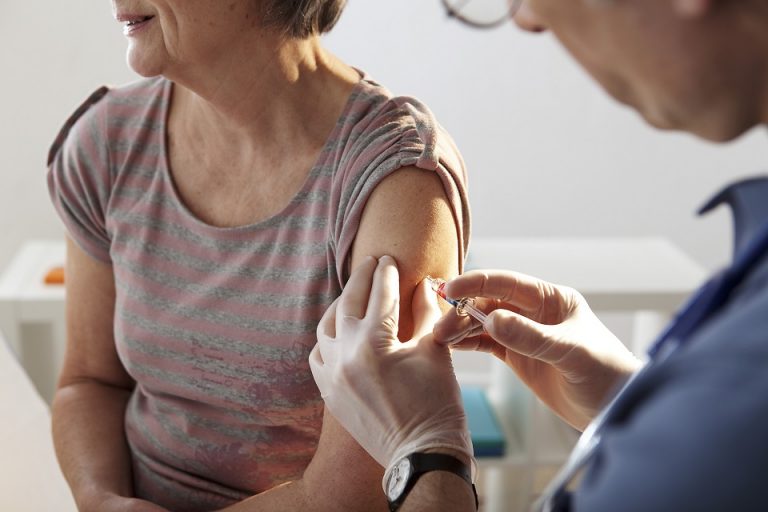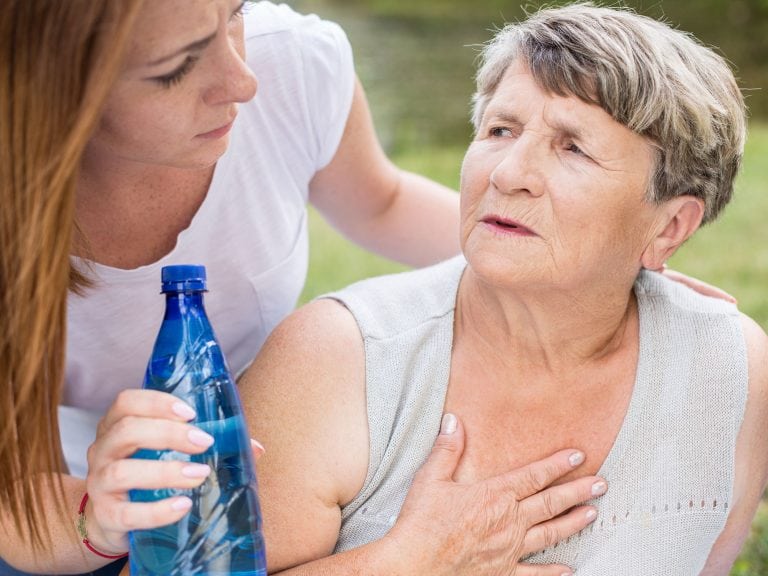
Herpes
Although it’s the most common sexually-transmitted infection, herpes sure is shy. Most people with the virus have no symptoms at all—but they’re still contagious. That’s why is spreads so easily. (A strain called HSV1 is typically the herpes that causes cold sores, and HSV2 typically causes genital sores….but the downstairs version can cause sores upstairs, and vice versa.)
About 12 percent of Americans have genital herpes, though the number could be higher since so many of those infected have no symptoms. Annually, about 776,000 people in the United States will get a new genital herpes infection.
So what can you do? While there’s no cure, antiviral medications can prevent or shorten outbreaks. These medicines can also reduce the likelihood of transmission to partners. Also, look for signs of symptoms, which include small blisters and raw red spots around your genitals or anal region, often accompanied by itching or tingling.
Recommendation: Smart sex is safe sex. While the only way to avoid sexually transmitted infections is not to have sex at all, using latex condoms the right way every time you have sex can go a long way to keeping you and your partners safe.

























